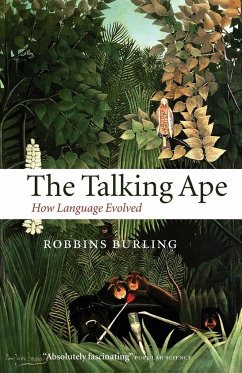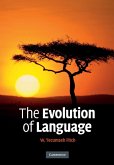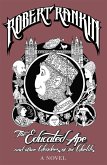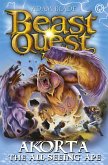Robbins Burling traces language back to its earliest origins among our distant ape-like forbears several million years ago. He examines the qualities of mind and brain needed to support the operations of language; investigates the first links between signs, sounds, and meanings; explores the beginnings and prehistories of vocabulary and grammar; and connects work in field such as linguistics, evolutionary biology, and archaeology. And he does all this in a style that
is crystal-clear, constantly enlivened by wit and humour.
Hinweis: Dieser Artikel kann nur an eine deutsche Lieferadresse ausgeliefert werden.
is crystal-clear, constantly enlivened by wit and humour.
Hinweis: Dieser Artikel kann nur an eine deutsche Lieferadresse ausgeliefert werden.
Review from previous edition Robbins Burling does a superb job of explaining just what language is and how it might have originated. This is one of those popular science books that just reads itself - although Burling does use a little jargon, he employs it sparingly, and with careful explanation. The text along the way is easy to follow and the arguments are absolutely fascinating... A delightful book for anyone interested in language or the development of the human mind. Popular Science Popular Science








